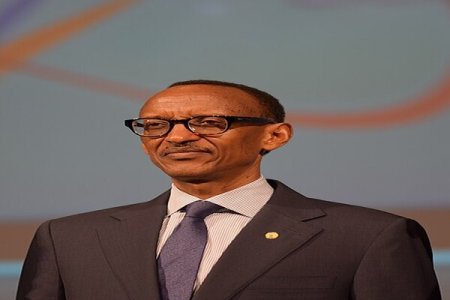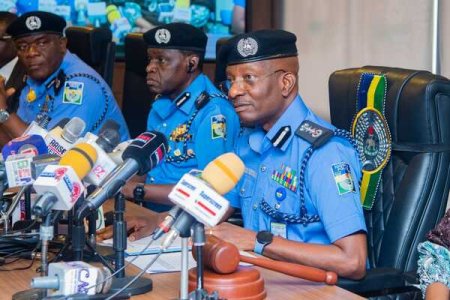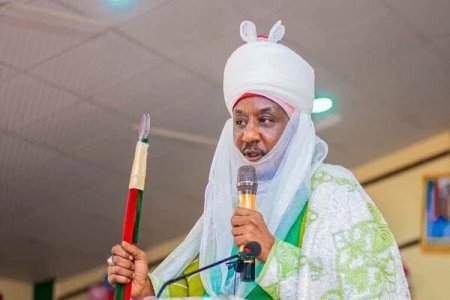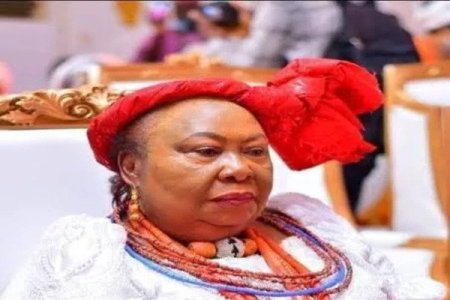
Paul Kagame secures a landslide victory, winning 99.15% of votes in Rwanda's presidential election for a fourth term. His opponents, Frank Habineza and Philippe Mpayimana, received less than 1%. Final results are anticipated soon, amidst praise for Kagame's leadership and ongoing scrutiny from international observers.
Paul Kagame, president of Rwanda, has secured a fourth term with an overwhelming 99.15 percent of the vote in Monday's presidential election. With approximately 79 percent of ballots counted, the electoral commission reported that Kagame's closest competitors, Frank Habineza of the Democratic Green Party and independent candidate Philippe Mpayimana, received less than one percent each.
A total of 9.5 million Rwandans were registered to vote in the election, reflecting widespread participation in the democratic process within the country's population of 14 million. This outcome mirrors Kagame's previous landslide victory in 2017, where he also garnered nearly 99 percent of the vote.
Final election results are anticipated by July 27, although an earlier announcement is possible. Addressing supporters at the Rwandan Patriotic Front (RPF) party headquarters in Kigali, Kagame expressed gratitude for the trust placed in him by Rwandans.
Kagame's political career began with leading rebel forces that overthrew the government and halted the 1994 genocide, subsequently assuming the role of vice-president and later becoming president in 2000. A constitutional amendment in 2015 extended his eligibility to remain in office until 2034.
Internationally, Kagame has been recognized for fostering peace and economic development in Rwanda post-genocide, although his extended tenure has drawn criticism from rights groups and Western nations. Despite these criticisms, Kagame remains resolute that his mandate derives from the support of his people rather than external opinions.
The final election results are awaited eagerly as Rwanda prepares for the continuation of Kagame's presidency, marking another chapter in the nation's political landscape.





